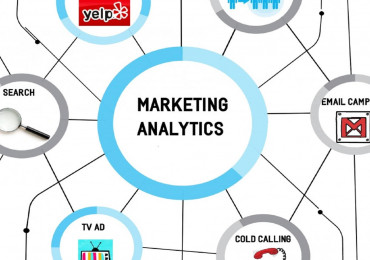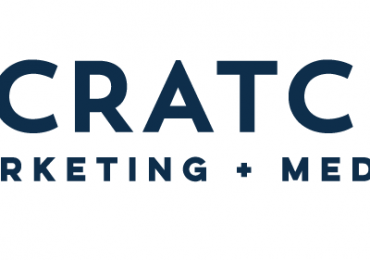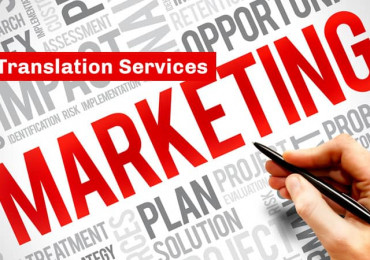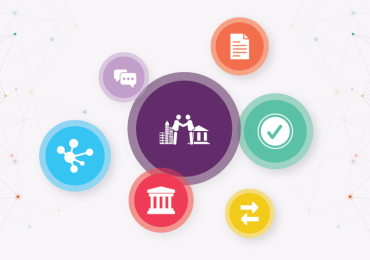
It is the process of planning and implementing promotional strategies aimed at achieving the objectives of government institutions by raising public awareness of government services, programs, and policies. The main goal is to improve communication between the government and citizens and increase participation and trust.
Characteristics of government marketing:
1. General orientation: aims to serve society and achieve the public interest.
2. Comprehensive organization: includes planning, organizing, and managing government resources to achieve goals.
3. Transparency: depends on honesty and clarity in the information provided to citizens.
4. Multi-channel communication: using multiple means to communicate with the public.
Benefits of government marketing:
1. Improving the relationship between the government and the public: enhancing trust and understanding between citizens and government institutions.
2. Increasing citizen awareness: facilitating access to information about government services and programs.
3. Achieving strategic objectives: supporting the implementation of government policies and achieving national goals.
4. Increasing community participation: encouraging citizens to participate in government initiatives.
Features of government marketing:
1. Social impact: positively impacting society through awareness and participation.
2. Government support: enjoys full support from state institutions.
3. Expansion and comprehensiveness: It covers all aspects of public life and can reach all segments of society.
Disadvantages of government marketing:
1. Funding: It may face financial constraints that affect the quality of campaigns.
2. Bureaucratic interaction: Bureaucratic complexities may lead to slow response and adaptation.
3. Challenges in measuring effectiveness: Difficulty measuring the impact of campaigns in the long term.
4. Public perception: It may sometimes be considered a means of manipulation or promoting political goals.
Real-life government examples of the present:
1. "Covid-19 Vaccination" campaign: Many governments have used government marketing to promote vaccination against the Corona virus.
2. "Stay Aware" campaign in Egypt: An awareness campaign aimed at increasing citizens' awareness of economic and health issues.
3. "Zero Emissions" program in Norway: Promoting environmental policies and reducing carbon emissions.
Government marketing is an effective tool for achieving communication and interaction between the government and citizens. It is characterized by its ability to positively impact society, but it faces challenges related to funding and bureaucracy. Contemporary examples such as vaccination campaigns and environmental policies show how governments can use marketing to achieve their national goals.

18/08/2024

30/08/2024

28/08/2024

01/09/2024

31/08/2024

01/09/2024

15/08/2024

18/08/2024

18/08/2024

01/09/2024

17/08/2024

14/08/2024

25/08/2024

23/08/2024

20/08/2024

14/08/2024

30/08/2024

30/08/2024

26/08/2024

23/08/2024